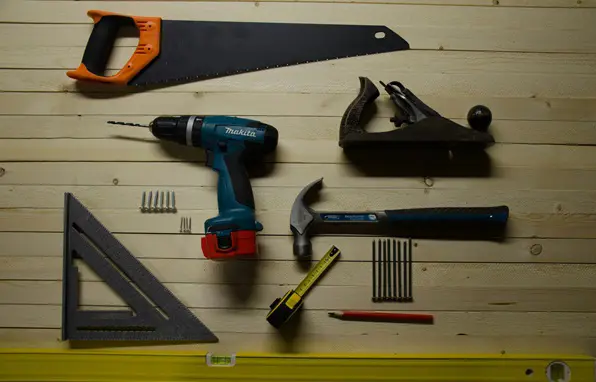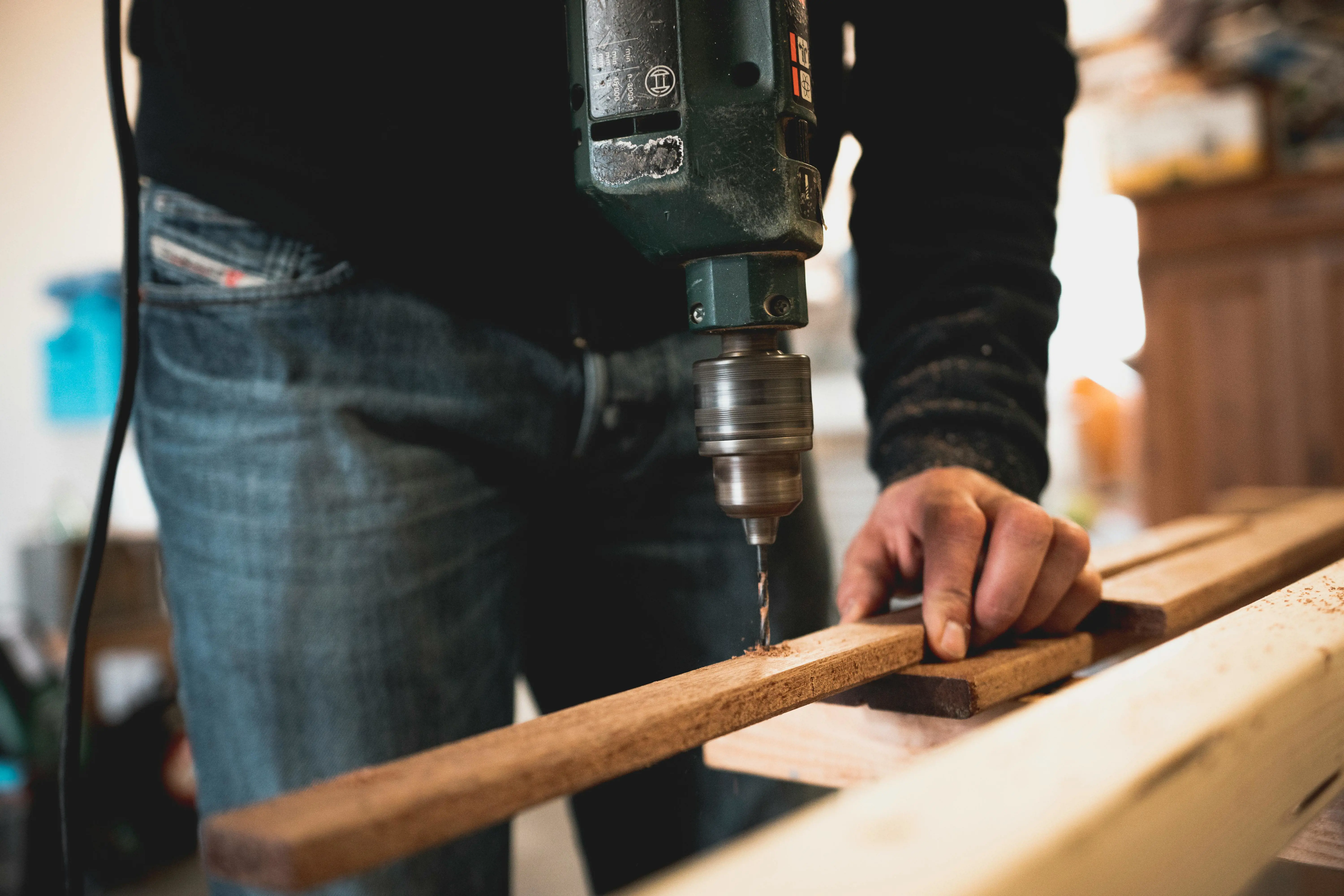Budget To Buy Your First Home
16 AUGUST 2023
There's usually more to it when buying a home which makes budgeting an important first step to this exciting process, especially when it's your first. Buying a home in South Africa is no mean feat. The process of becoming a homeowner is complex and if it is your first time you may not be aware of the various elements. Setting up a budget for purchasing a home is important because of all the costs you will incur, even the ones that you think you will cover after you have secured a home loan. Besides the cost of the home itself, there are other expenses such as bond registration, transfer fees, and insurance. Below we discuss a few of these costs that you have to be aware of if you are in the market for a home.
Buying a home in South Africa is no mean feat. The process of becoming a homeowner is complex and if it is your first time you may not be aware of the various elements. Setting up a budget for purchasing a home is important because of all the costs you will incur, even the ones that you think you will cover after you have secured a home loan. Besides the cost of the home itself, there are other expenses such as bond registration, transfer fees, and insurance. Below we discuss a few of these costs that you have to be aware of if you are in the market for a home.
Start with a budget
Creating a budget is a great resource to help you paint a picture of your financial story on a month-to-month basis. If you are considering purchasing a home, seeing where your money is going is important to help you meet your goal. Begin with adding up every source of income after tax and subtract your monthly expenses. This allows you to see what’s coming in monthly, what’s going out and whether or not you can afford a mortgage.
Pay off debt
Reducing your debt or clearing your debt completely will aid in increasing what you could qualify for on your home finance. If you have a big debt consider becoming debt-free first before committing to being a homeowner. Having little to no debt will improve your credit score which is an important factor when you are looking to finance a home. Make sure there are no late payments on your record and that you have some cash left at the end of each month. Financial institutions tend to look at your financial record as far back as six months to ensure that you have a favourable record.
What Can I afford?
An easy way to calculate your home-buying budget is the 28% rule, which suggests that your mortgage shouldn't be more than 28% of your gross income each month. If you have outstanding debt you must factor them in addition to the mortgage payment to determine how much you can genuinely afford. Mortgage lenders tend to look at prospective borrowers’ debt-to-income ratio when determining if they will lend money. Using an online affordability calculator is also a great way to determine whether or not you can afford a home.
Home Owning Expenses Beyond the Mortgage
Getting pre-approved accelerates your chances of buying a home from the seller while also increasing your chances of getting a home loan. This process also helps you become clearer about what you can afford and helps sellers know you are serious about making an offer on a home. A lender considers your income, debt, and credit record to pre-approve.
Beyond the mortgage, as a potential homeowner, you have to consider other expenses.
Homeowners Insurance
A homeowner’s insurance is needed to make sure the loan, and your home, remain intact. This insurance will stay in place for as long as you have a loan with the bank. This type of insurance is for the bricks and mortar (covers any structural damage) of the property against fire or flooding for example. It is often worth shopping to see where you might get the best offer on homeowners’ insurance. Where you do not use the bank’s offering you will be required to provide proof of external insurance.
Utilities
As a homeowner you will need to register for rates and taxes as well as electricity and water services from your municipality. These vary depending on the area and amenities around the area.
Repairs and Maintenance
There are a number of ongoing costs which all need to be considered in your monthly budgets such as gardening, painting, and cleaning. Even before moving in you may want to make your house a home by personalising it to suit your tastes and needs. With this in mind it is wise to always have money set aside for these types of expenses regularly.
Save up for a deposit
You don't always have to put forward a large sum of the deposit toward your home loan but the more you have to offer the better you can negotiate your mortgage terms. Depending on your credit score, you may be required to put forward up to 30% on the purchase price of your home but banks typically request 10%. You will need to have this money in cash which is paid upfront and once-off to the transferring attorneys.
Other costs you should keep in mind
Initiation fee
When you take out a bond you are required to pay a fee to the bank to process your application. Some banks charge a flat rate, which is set at a maximum of R5000 by the National Credit Act, and other banks base the fee on the size of the home loan. This initiation fee can be paid upfront as a once-off payment or capitalised on your loan amount.
Transfer duty
A transfer duty is a tax levied by the government and no home can be transferred to a new owner sans payment of this fee. If you are purchasing from a registered VAT vendor, developers for example, then you don't have to pay any transfer duty since this amount may be included in the price. There is also no transfer duty on a house that is less than R 1 000 000.
Transfer costs
Transfer cost is different from transfer duty. This amount is paid once-off to the conveyancing or transferring attorney for registering the property in your name at the Deeds Office, protecting your legal title to the property.
Bond registration costs
In order for the bank to make sure they have security on the property you have taken a loan on, it registers a mortgage bond that gives some rights to them. A bond registration is made at the same time as a transfer cost and it is administered by the bond registration attorney on the bank’s behalf. This is paid once-off to the bond attorneys before the registration of the bond.
Get a Loan from RCS
In order to help you cover some of these costs that you will need to cover outside of the mortgage, apply for an RCS Loan from R2 000 and up to R150 000 with interest from as low as 15%* and you will know if you qualify in seconds. Remember to maintain a good credit record, this will help you get a better interest rate and increase your eligibility for a home loan.



